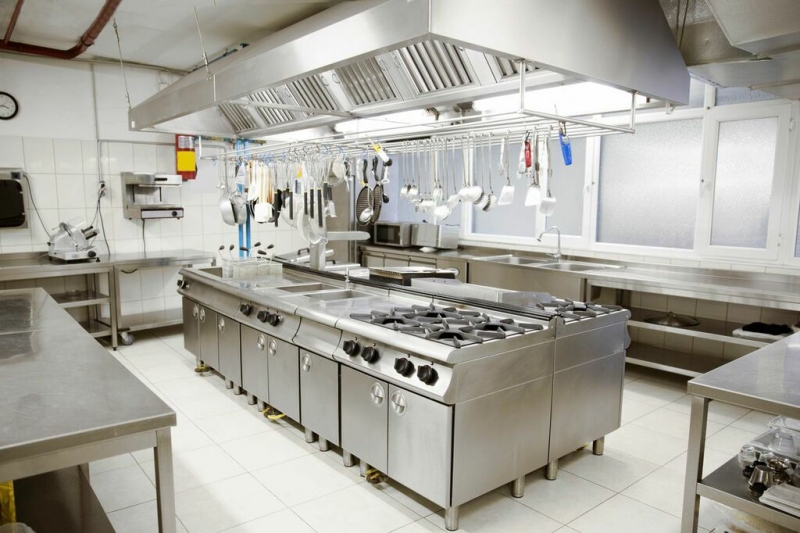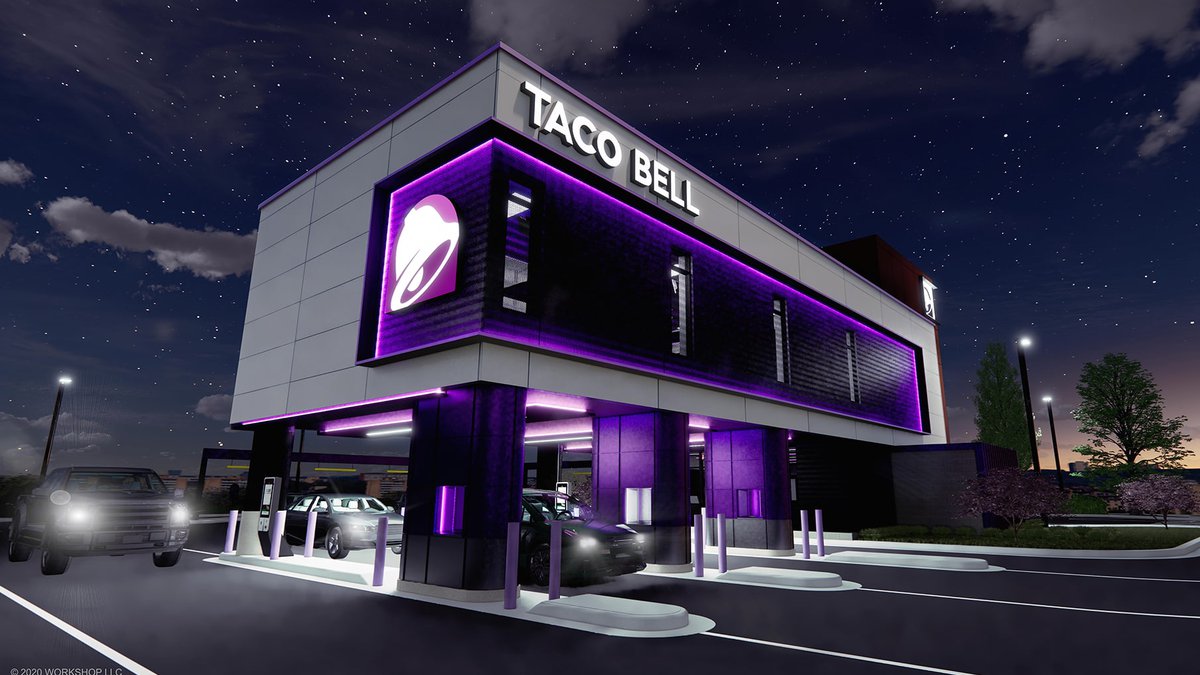Starting a business is not easy. There is the question of capital, labor, taxes and location. All of these things tend to make most people interested in starting a business strongly question whether or not they want to do it.
Multiply these factors by ten, and you have an idea of what it is like starting a restaurant.
The return on restaurant startups can be volatile, to say the least. Once you take everything into consideration – labor, food cost, utilities and location, your dream restaurant concept can turn in to a paralyzing affair.
Location is one of the main things to consider. Most young people enjoy the convenience of delivery and take out. The best locations to start a restaurant that meets these needs are extraordinarily expensive. Cheaper rents can be found in outlying, light industrial areas. There is a tradeoff, however. Potential patrons are unlikely to venture in to a decidedly “uncool” space.
There is a solution, though….the Ghost Kitchen.
This is not a place where pots and pans clang together for no reason, and people get a chill just walking inside of it. Instead, it is a way for entrepreneurs looking to start a restaurant.
Ghost kitchens are like the AirBnB of the restaurant world. Different entrepreneurs and franchise owners use a shared space to create dishes, serve customers and meet the needs of the delivery world, all without having to worry about paying a lease or exorbitant buildout costs. A shared space, ghost kitchens can find and rent the space without the worry of meeting the high price of retail rent.
Another advantage of a ghost kitchen – they are not open to the public. This means a significant savings in capital. The only expenses are food, utilities, human resources and marketing. Unlike the fixed costs of rent and retail space buildout, these aforementioned expenses are not fixed, and if you are not certain that the general public will be as crazy about your concept as you think they will, you are not committing in the long term. You are able to have your cake and eat it too, by starting in a low overhead kitchen, but still able to test your concept.
Using services like Uber Eats, it gives the restaurateur time to learn valuable information about its customer base – what they like and don’t like, what their delivery times are and whether or not it is worth it to open a full customer centered stand alone. When you work out the tweaks in your concept and food offerings, you can take the next step….signing a retail lease…when you are much more certain of its success.
Several large, metropolitan cities have successfully experimented with ghost kitchens, and the trend is certainly on the rise across the U.S.




